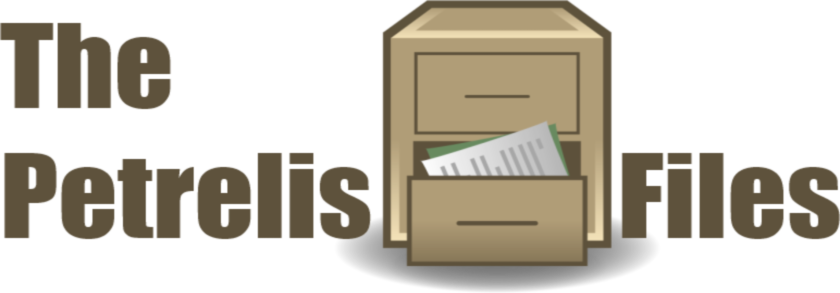NYT's Miller's Senate Testimony
>Eventually, when the fuss over my case dies down, I hope journalists and politicians will begin examining the real issues at stake here, especially the question of when and under what circumstances a waiver can be considered voluntary.<
I have to respectfully disagree with Miller. Not sure the "fuss" is ever going to really die, considering the enormous mess, or two, she's created.
-
TESTIMONY OF JUDITH MILLER
Reporter, The New York Times
Before the Senate Judiciary Committee of the U.S. Senate, October 19, 2005
Good morning, I am Judith Miller, a reporter for The New York Times. That statement, in and of itself, is extraordinary. Reporters don’t usually testify at Congressional hearings. But the circumstances that in July forced me to spend 85 days in the Alexandria Detention Center in Virginia highlight the urgent need for a Federal shield law to protect journalists and their sources.
I am here today to urge you to enact the Free Flow of Information Act so that other journalists will not be forced, as I was, to go to jail to protect their sources. I’m here because I hope you will agree that an uncoerced, uncoercable press, though at times irritating, is vital to the perpetuation of the freedom and democracy we so often take for granted.
After almost three months in jail, I managed to secure both a personal letter and a telephone call from my source, I. Lewis Libby, and equally critically, an agreement with the prosecutor to focus his questioning on my main source and the Plame/Wilson affair. Had I not gotten both agreements, I would not have testified. I would still be in jail, as I was during your last hearing on this measure.
Yes, the legal machinations in my case were enormously complex, but the principle I was defending was fairly straightforward: once reporters give a pledge to keep a source’s identity confidential, they must be willing to honor that pledge and not testify unless the source gives explicit, personal permission for them to do so, and they are able ¬toi protect other confidential sources.
Eventually, when the fuss over my case dies down, I hope journalists and politicians will begin examining the real issues at stake here, especially the question of when and under what circumstances a waiver can be considered voluntary. Struggling with such a weighty question alone in jail was hardly ideal. I did the best I could under rather challenging circumstances.
[snip]

No comments:
Post a Comment